Lunch Packing Tips with Rachel Williams
When it comes to packing nutritious lunches for your school-aged child or teenager, there are a few simple rules that you can follow to make sure your kiddo is getting a satisfying meal, and that all their nutrient needs are being met each day!
Read along for some tips and tricks to packing healthy – but tasty – school lunches!

Focus on providing a variety of foods:
The ideal lunch box contains one fruit, two veggies, one protein, and one grain. However, it is important to remember that sometimes it takes a few tries to like something new. Children are more likely to be “picky” eaters when they are young. Experimenting with different types of dishes and preparations of food can make a huge difference, have fun with it!
Involve kids in choosing and preparing lunches:
Let your children choose what they prefer among a few nutritious options, and try out age-appropriate food preparation activities. Take them to the store with you, and allow them to pick out a new vegetable or fruit, with the agreement that they will try it.
Apply the Plate Method to the lunch box:
You might be asking, “What is the Plate Method?” It’s an easy solution to incorporating nutritious produce into lunches! Here’s how to apply it to your lunch prep:
Half of the plate is made up of colorful fruits and vegetables, a quarter of the plate consists of protein foods, and another quarter of the plate consists of whole grains. Be sure to include small servings of healthy fats (like nuts) and fun foods on the side.
Some assembly required:
While a thermos of soup might be nourishing, finger foods are more fun for children! Try your hand at assembling a nutritious DIY lunch kit, using tupperware with compartments for finger food. This could include whole grain crackers, hummus, cucumber slices, carrot coins, pickled beet rounds, and other stackable veggies!
Dippers are a fun option for little ones, too! Salad dressing, hummus, mustard, bean dip, veggie dip, applesauce and yogurt all make great dips. Apple slices, celery stalks, and whole grain bread sticks are each tasty dippers, and all pair well with peanut butter.
A bento box or a lunch box with built-in compartments are perfect for assembling meals with variety. These options keep food in place without the need for multiple plastic bags and containers. Plus, this method of lunch packing is a great way to implement sustainability into your family’s everyday routine!
Themes can make a lunch more fun to pack and eat:
There are countless themes that you could follow and build a lunch around. Color, shape, place, holiday, or event, are all fun themes for school-aged children! For example, an Italian themed lunch could include whole grain bowtie pasta, white beans, cherry tomatoes and green beans with pesto or Italian salad dressing, plus a side of grapes and an almond cookie. A red foods lunch could feature strawberries, red pepper slices, beets, red kidney bean and red quinoa salad.
Older kids may prefer more composed options like all-in-one bowls, salads, sandwiches and soups.
Homemade snacks and treats can be healthy and economical.
Prepare them in advance and have them ready to go for daily lunch packing. Whole grain, low sugar mini muffins and cereal bars freeze well; salads and sandwich components can keep in the refrigerator for a few days; trail mix or snack mix can keep for a month or more if stored properly.
Don’t forget water!
Let your child choose a favorite water bottle or to decorate one with stickers, etc. Add juice ice cubes, orange slices, frozen mango, etc. to add some flavor if desired.
Nutrition counseling is a free service to all Barbour Community Health Association patients. If you and your loved ones would like additional recipes and more tips on nutrition, keep looking out for our nutrition blogs and social media posts or schedule an appointment with our Nutritionist, Rachel Williams.
GETTING TO KNOW KAITLIN JONES, PA-C: OUR NEWEST QUICK CARE PROVIDER
GETTING TO KNOW KAITLIN JONES, PA-C: OUR NEWEST QUICK CARE PROVIDER Barbour Community Health Association is always excited to welcome new team members who
Keep Your K-12 Child On Track with Annual Well-Child Visits
Keep Your K-12 Child On Track with Annual Well-Child Visits Children grow and change rapidly as they advance from toddlers to teens to young
Overcoming the Winter Blues: The Guide to Seasonal Depression Care
Overcoming the Winter Blues: The Guide to Seasonal Depression Care As the days grow shorter and colder, many people experience more than just the


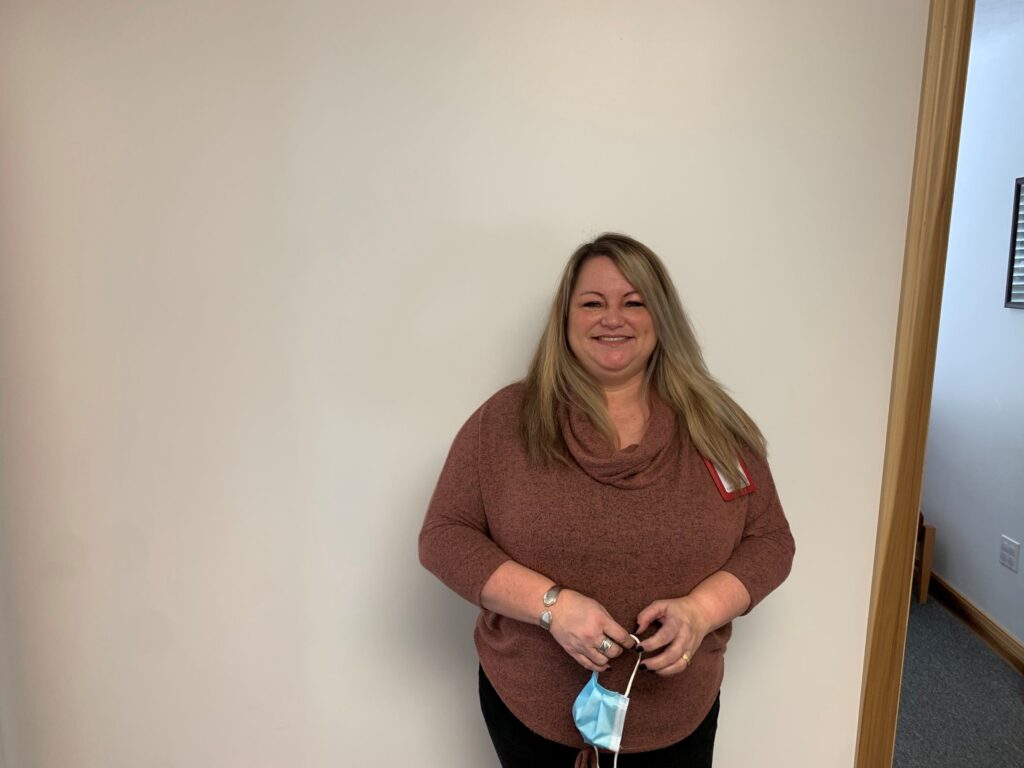
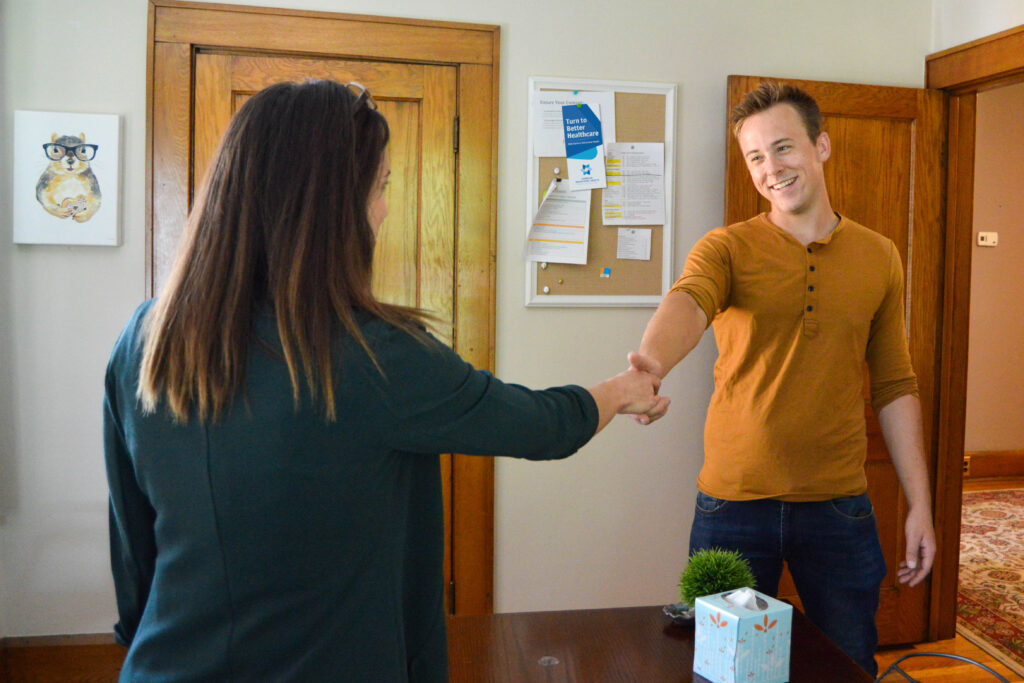
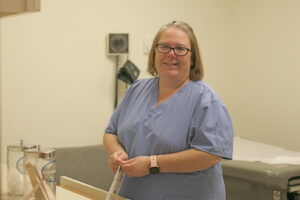
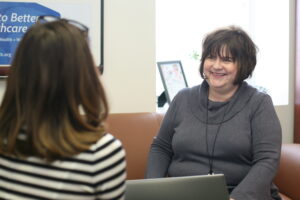 I don’t know where to start.
I don’t know where to start. Barbour Community Health Association
Barbour Community Health Association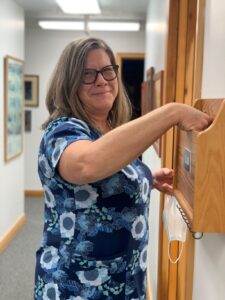 Barbour Community Health Association
Barbour Community Health Association